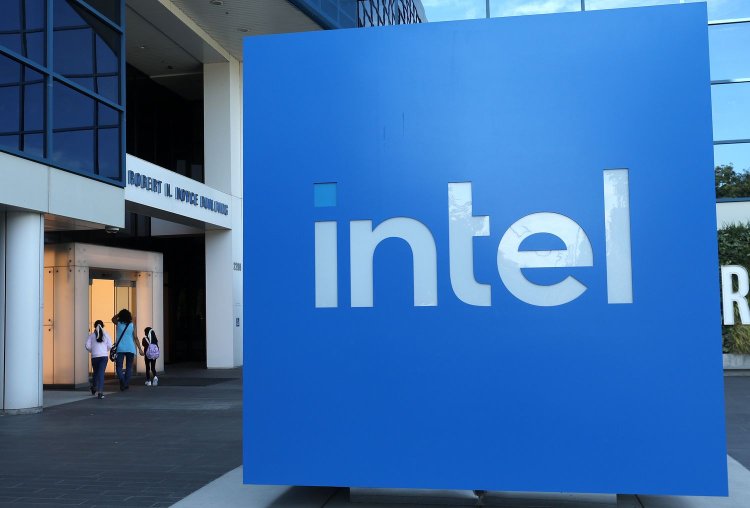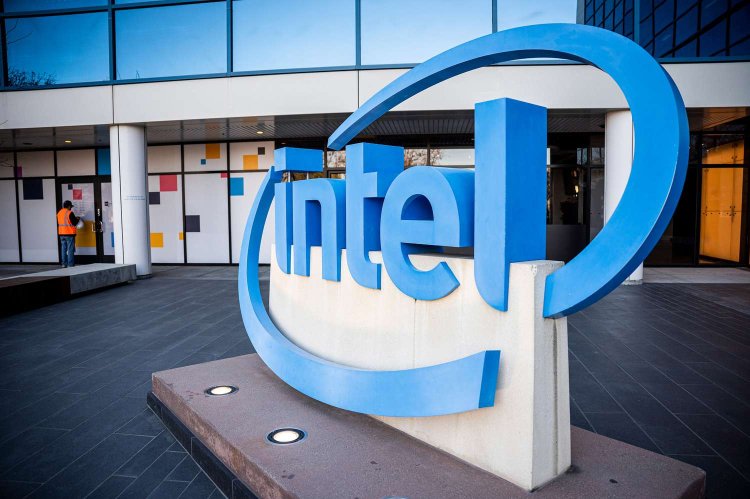Intel Triumphs in EU Legal Clash, as Judges Overturn Antitrust Fine
Intel wins a major EU antitrust case as top court overturns a historic €1.06 billion fine, challenging the European Commission's approach to competition law enforcement.

Intel Corporation has emerged victorious in the latest development of its prolonged legal dispute with the European Union over a historic antitrust fine. In a recent ruling, the EU's Court of Justice found that EU regulators failed to provide conclusive proof that Intel issued unlawful rebates to PC manufacturers who opted to source the majority of their chips from Intel, marking a significant win for the U.S.-based tech giant. This judgment aligns with an unexpected 2022 decision that overturned portions of the EU Commission’s 2009 antitrust ruling that accused Intel of leveraging its dominant market position to hinder rival Advanced Micro Devices Inc. (AMD).
Thursday’s verdict brings relief to Intel, with the company stating it is “pleased with the ruling and to finally put this part of the case behind us.” The European Commission, headquartered in Brussels, has responded cautiously, noting that it will "carefully analyze the judgment." The Commission initially filed its case against Intel over a decade ago, contending that Intel stifled competition by using conditional rebates to secure loyalty from PC makers between 2002 and 2005. Under these alleged terms, Intel reportedly urged manufacturers to purchase 95% of their chips from Intel, leaving limited space in the market for AMD and allegedly impeding its ability to compete effectively.

This ruling comes after years of legal back-and-forth. In 2009, the European Commission fined Intel €1.06 billion ($1.1 billion), the largest antitrust penalty of its time, claiming Intel used its market influence to suppress AMD by incentivizing PC makers to limit the launch of products featuring competing chipsets. However, Intel managed to overturn a significant part of the ruling in 2022, when the EU’s General Court annulled portions of the 2009 decision due to insufficient evidence supporting the Commission’s claims of anti-competitive conduct.
Despite Intel's victory in this latest round, the legal battle is not fully resolved. Last year, the Commission imposed a separate €376.36 million fine on Intel, specifically addressing what it identified as “naked restrictions” under EU antitrust law—a reference to Intel’s alleged payments to manufacturers to delay or halt the launch of products containing competitor chipsets. Intel has challenged this secondary penalty and is also pursuing compensation for interest on the original fine.
The EU’s Court of Justice ruling represents a critical moment for the European Commission’s approach to antitrust enforcement. For more than 20 years, the Commission had seldom lost in major antitrust cases, making Intel’s partial triumph a notable exception. Critics of the Commission have cited this case as evidence that antitrust authorities should re-evaluate methods for assessing market dominance and alleged anti-competitive practices.
Intel’s victory, however, arrives amid a complex landscape. Last month, the company disclosed it would postpone a planned factory in Germany, initially slated to receive €10 billion in state subsidies. This move could reflect Intel’s shifting priorities in Europe, as the company recalibrates its manufacturing strategies and regulatory interactions on the continent.
The Commission's initial investigation ahead of the 2009 ruling argued that Intel’s business practices were damaging for market competition by compelling computer makers to buy most of their chips from Intel, limiting AMD’s growth. Although the recent judgment offers Intel a reprieve, it remains to be seen how these ongoing legal battles will shape the company’s European trajectory and the broader field of antitrust regulation in the tech sector.

 Deepanjali
Deepanjali 










